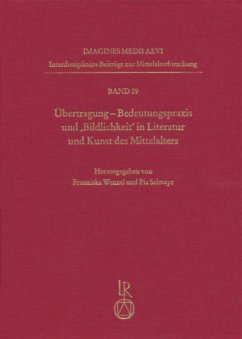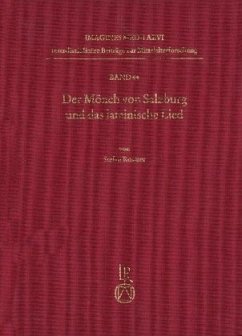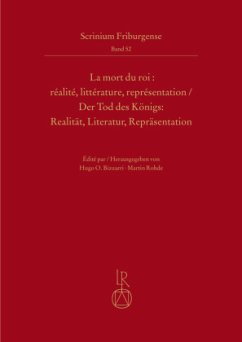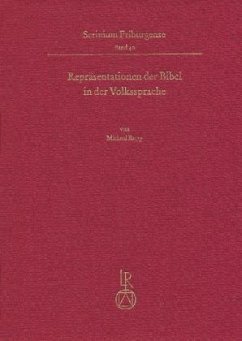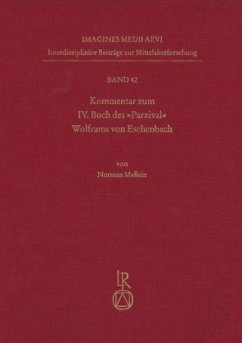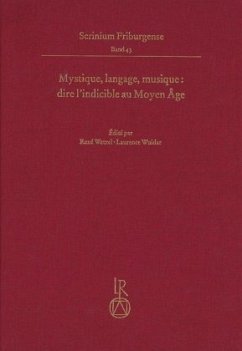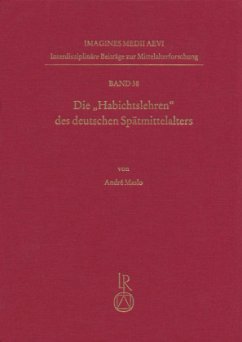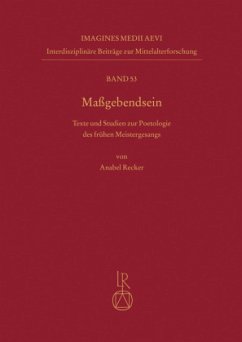
Zwischen Tugend und Laster
Weibliche Rollenbilder in den Tragedi und Comedi des Hans Sachs
Versandkostenfrei!
Versandfertig in 2-4 Wochen
88,00 €
inkl. MwSt.

PAYBACK Punkte
0 °P sammeln!
The present study is the first to examine in detail a representative corpus of the tragedi and comedi with female protagonists written by the Nuremberg author Hans Sachs. On the basis of a precise reconstruction of the intertextual frame of reference of each of the plays, taking into account both the enormously diverse literary sources and Sachs' own topically related poems in the form of master songs and narrative poems, the author's dramaturgical methods are explored more precisely. The "serious" drama in particular turns out to be a formidable virtual arena for exhibiting creative female at...
The present study is the first to examine in detail a representative corpus of the tragedi and comedi with female protagonists written by the Nuremberg author Hans Sachs. On the basis of a precise reconstruction of the intertextual frame of reference of each of the plays, taking into account both the enormously diverse literary sources and Sachs' own topically related poems in the form of master songs and narrative poems, the author's dramaturgical methods are explored more precisely. The "serious" drama in particular turns out to be a formidable virtual arena for exhibiting creative female attributes and the female potential for action, bringing out frequently subliminal contradictions to the normative claim to validity of the attached moral instruction. Conversely, in other cases, the moral message also ties in with the literary discourse, for example by tracing female vices back to male misconduct. Seen as a whole, the author's attempt to negotiate new, more reciprocally conceived ways of dealing with the sexes within the framework of the Lutheran-patriarchal marriage model and the socio-political order that it supports becomes apparent.
Dieser Artikel kann nur an eine deutsche Lieferadresse ausgeliefert werden.



